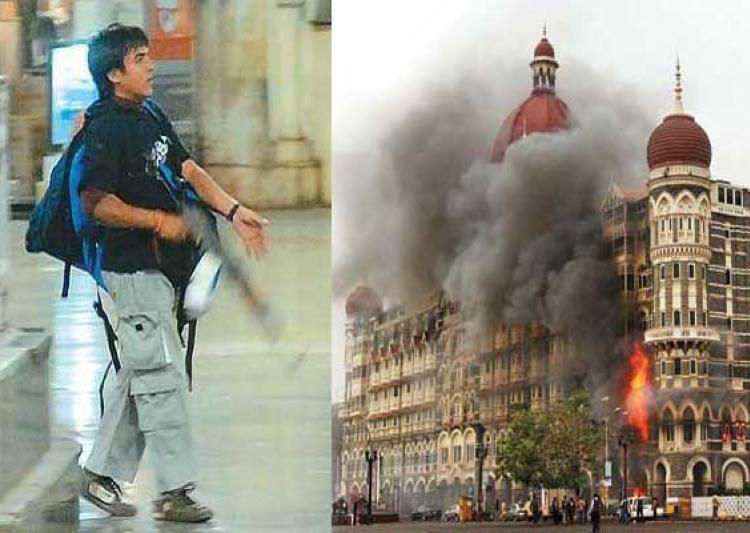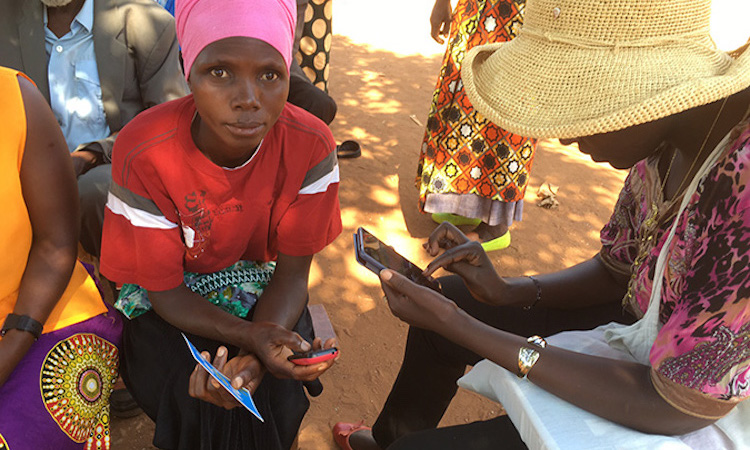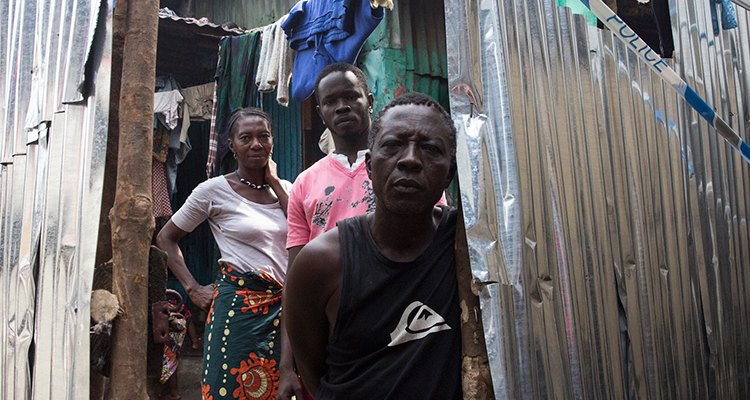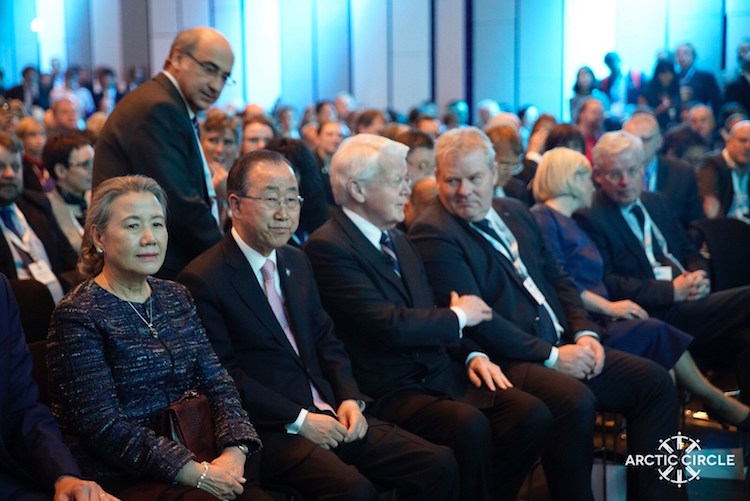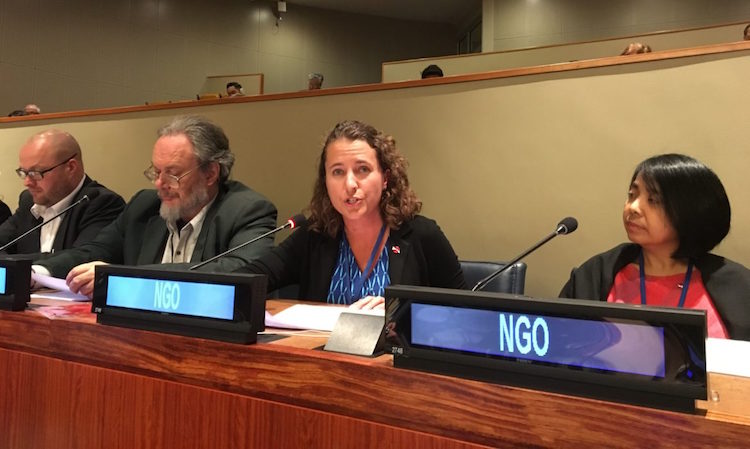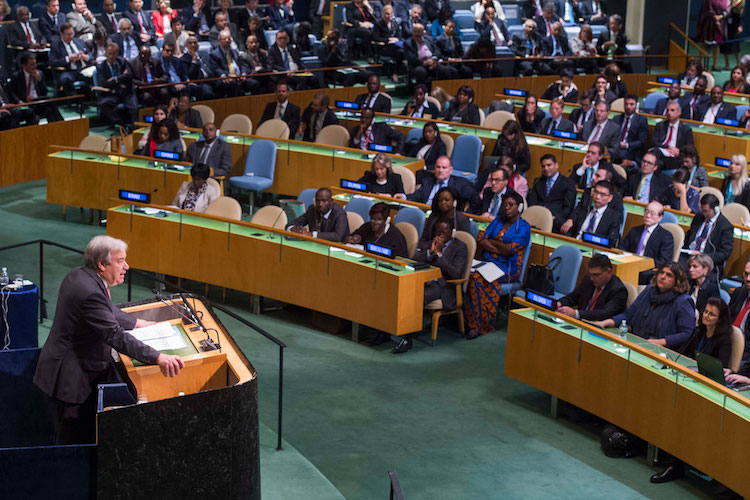By Jaya Ramachandran
BERLIN | BONN (IDN) – OPEC, the Organization of Petroleum Exporting Countries, and the UN Framework Convention on Climate Change (UNFCCC) that are known to have been at loggerheads for nearly two decades appear to be building bridges just a few days after the Paris Agreement reached the threshold for entry into force on October 5.
In the run-up to the UN Climate Change Conference in Marrakech, Morocco from November 7 to 18, OPEC Secretary-General Mohammad Sanusi Barkindo visited Bonn to meet with UNFCCC Executive Secretary Patricia Espinosa “to enhance cooperation between the UNFCCC and OPEC and exchange views on recent developments”.



